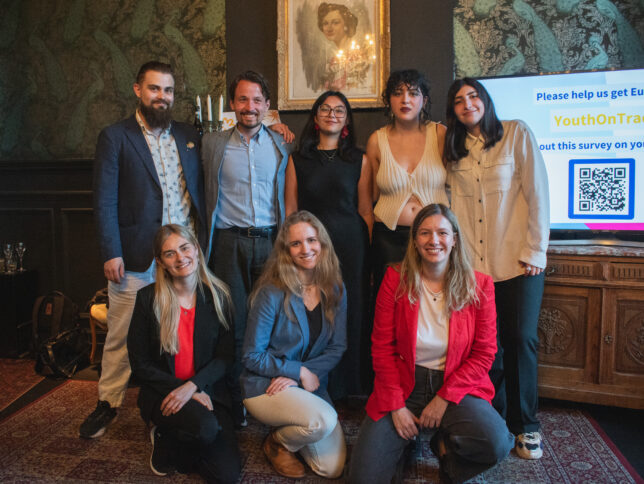
Empowering Youth for a Sustainable Future: A Report on the Climate Youth Action Plan (CYAP) Idea Competition
Between September 2024 and May 2025, the Climate Youth Action Plan (CYAP) Idea Competition brought together EYP members to design and pilot sustainability projects.


